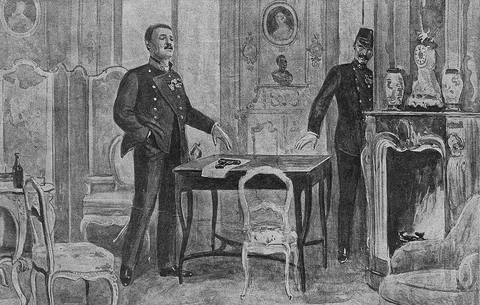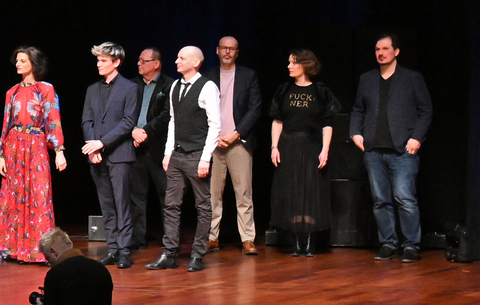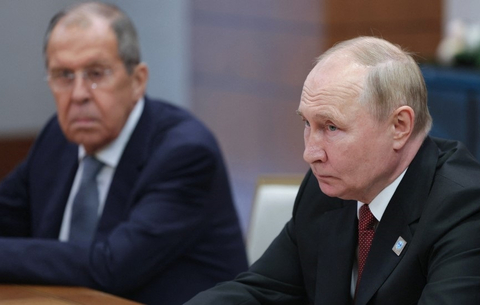HVG-Median: the Socialist-Fidesz gap widens
The gap between Fidesz and a stumbling Socialist Party has opened even wider, as the economic outlook and the political mood continue to decline, according to the latest HVG-Median opinion poll.
By the beginning of October, however, Fidesz had reaffirmed its lead, although the largest opposition party is still unable to match the record highs it achieved in March. Back then, Fidesz enjoyed a 43:21 lead over the Socialists among all voters. This lead has now fallen to 41:21. The polarisation of the two camps is illustrated by the way that four fifths of each party's voters categorically reject the rival. Overall, around half of certain voters rule out voting for the Socialists, while a third reject Fidesz out of hand.
But the Socialist Party's "fighting spirit" has weakened. The proportion of Socialist voters who would expect their party to win an election held now has fallen to 50 per cent. The Fidesz camp is much more self-confident. Ninety per cent of them are confident of victory.
The government parties' weakening and the strengthening of the opposition is just one expression of the declining public mood. Median's survey returned the highest ever proportion - 75 per cent - of respondents who believed that the country was going in the wrong direction. The previous high was 73 per cent, recorded in March.
It is difficult to establish whether a continuing deterioration in people's expectations about their own economic fortunes is the cause of, or an expression of the general mood of pessimism. Last summer, following the announcement of the cuts packages, people's expectations declined in a way never before seen. Later, however, economic pessimism was reined in. This trend turned in October, however, and people now have as dismal a view of households' and the country's economic state as they did at the beginning of the year - 61 per cent expect the country's economic conditions to get worse, while 63 expect their own household to suffer.
It may be that politics explains the change, not increases in food costs, which a quarter of respondents regard as the most pressing issue. Simply, as people's view of politics gets darker, they see their own economic outlook deteriorating. It is clear that a decline in people's economic expectations can be explained by the changing opinions of supporters of the coalitions. Socialist voters may also have been put off by the Zuschlag affair, which was regarded as the most important issue of the previous month. The prime minister's announcement of a transparency package at the beginning of the month had only a limited counterbalancing effect. His announcement was only the sixth most important issue of the month in respondents' opinions. Even Socialist voters thought it less important than the Zuschlag affair. It seems that corruption allegations levelled at the largest coalition party have put off some Socialist voters. The Socialist Party's "corruption index" - a score out of 100 measuring people's beliefs about the degree of financial corruption within a party - rose from 73 in September to 77, while Fidesz's fell from 63 to 58.
As far as politicians' popularity is concerned, the most remarkable change was the growth in the popularity of Laszlo Solyom, the president. This growth has carried on from month to month, and it is striking that the same trend can be seen among both Fidesz voters, who always liked him, and Socialist voters, who were more critical. Fidesz voters' approval of the president rose from 71 to 76 per cent, while his rating among Socialist voters rose from 32 to 42 per cent. Ibolya David's improvement can be explained by changing attitudes among Fidesz voters. Between July and October, the proportion of Fidesz voters who "would like to see her in an important political role" rose from 45 per cent to 52 per cent. Still, she is yet more popular with Socialist voters, 62 per cent of whom approve of her. Opposition politicians' popularity levels are influenced by the same polarisation which leads them to be highly unpopular with coalition supporters. Among these voters, Lajos Kosa scores 25 per cent, Zoltan Pokorni 15 per cent, and Viktor Orban just 4 per cent.
ENDRE HANN - GERGELY KARÁCSONY








